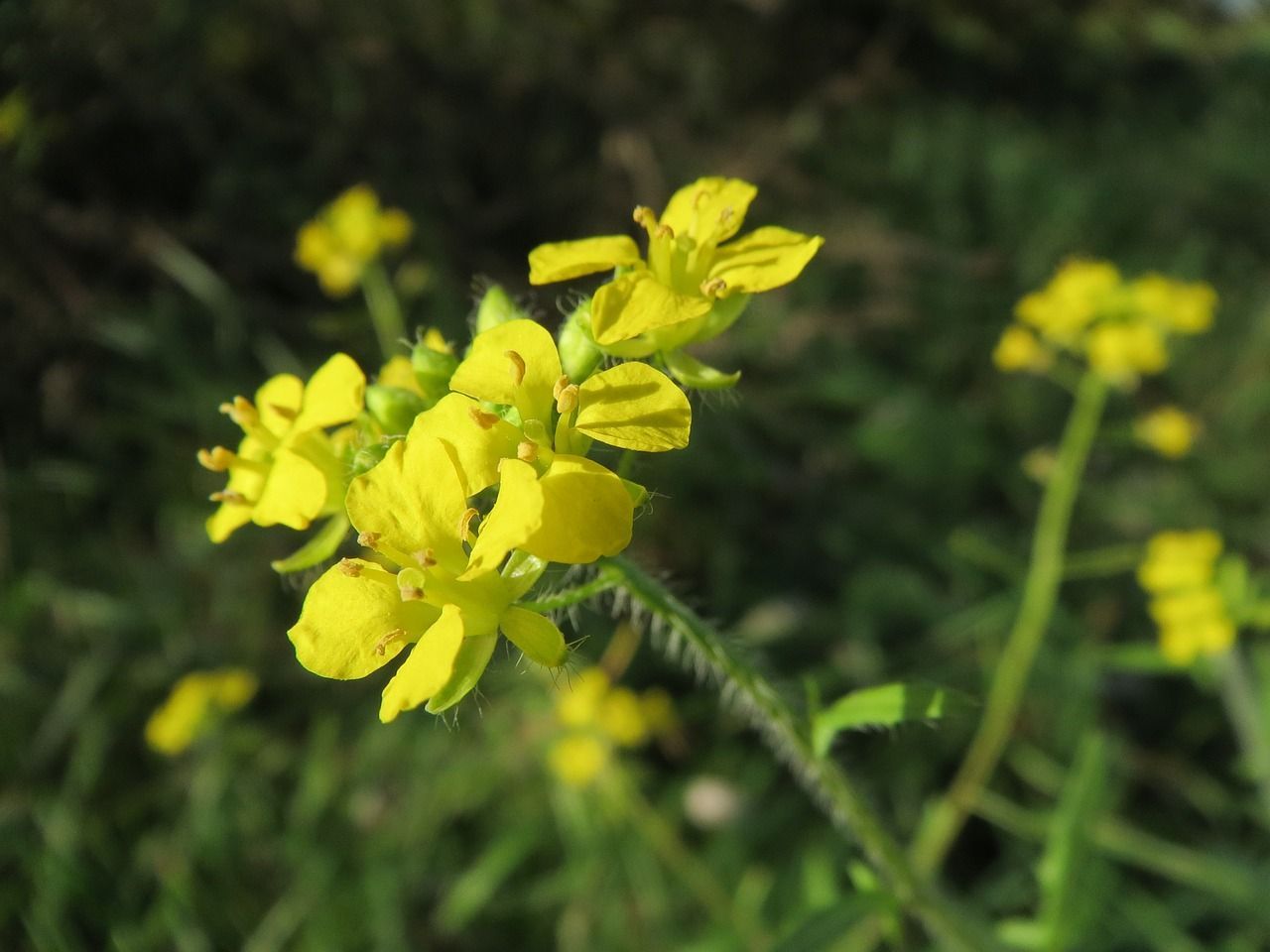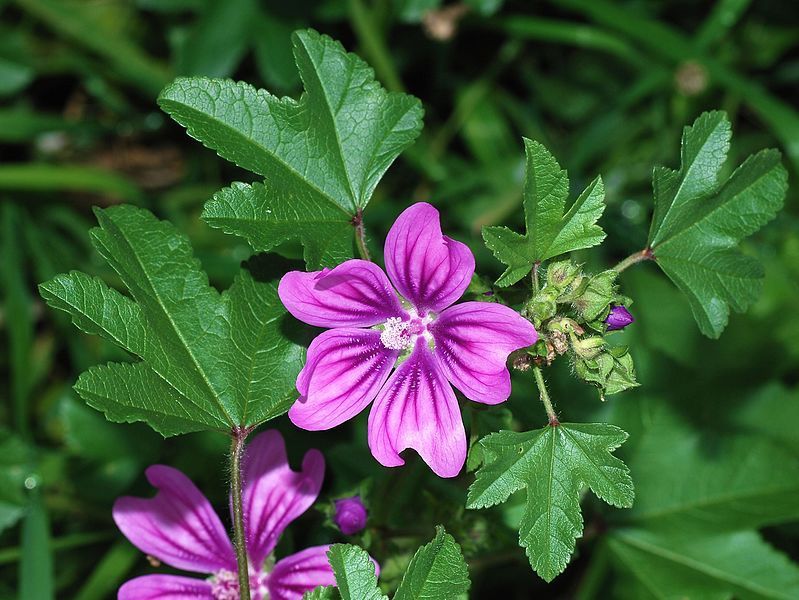SURVIVAL BOTANY SPECIAL SKILL
Discipline, trust, respect for nature, resilience, creativity, environmental responsibility, self-sufficiency, collaboration
Learning survival botany skills is crucial to increasing your knowledge about the plants around you and how to use them in survival situations. Here are some key botany skills you can learn:
- Identification of Edible Plants:
- Learn to identify local edible plants in your area. Familiarize yourself with the distinctive characteristics of the leaves, flowers, fruits, and roots of edible and toxic plants.
- Identification of Medicinal Plants:
- Learn about the plants that have medicinal properties in your environment. Learn about its traditional uses to treat common problems such as wounds, headaches, gastrointestinal problems, etc.
- Study of Local Ecosystems:
- Understand local ecosystems, including soil types, humidity and sunlight. This will help you predict where you are most likely to find certain types of plants.
- Learning Cooking and Preparation Methods:
- Learn how to prepare and cook edible plants safely. Some plants may require certain treatments, such as boiling, to remove toxic substances.
- Identification of Toxic Plants:
- Become familiar with the toxic plants in your area and learn how to avoid them. Correct identification is essential to avoid accidental ingestions.
- Use of Plants for Shelter Construction:
- Learn about the plants you can use to build temporary shelters. Some plants have flexible branches and sturdy leaves that are ideal for this purpose.
- Construction of Traps and Tools:
- Learn to use plants to build improvised traps and tools. Strong plant fibers can be useful for tying and building.
- Study of Wild Fruits and Fruits:
- Learn about the edible wild fruits and berries in your area. This can provide a valuable source of energy and nutrients.
- Knowledge of Moisturizing Plants:
- Identify plants that contain drinking water or that can help you draw water from nearby sources.
- Practice in Identification in Different Seasons:
- Practice identifying plants in different seasons of the year. Plant characteristics can change significantly, and it is important to recognize them at any time.
Standard Level
(Yellow Badge)
Standard Test - Base Botany
- Description: Explorers must demonstrate their ability to recognize 12 types of Plants from the local Flora that exists in the Municipality of Rincón de la Victoria and/or province of Málaga.
These are: Bolina, Castor, Broom, Jergen, Parietaria, Malva, Dandelion, Yellow mustard, Hackberry, Carob, Holm oak, Kermes oak
You have 5 minutes to find out which is which.
Finally, in this same scientific skill test, they must explain the steps to follow to detect a poisonous plant according to the instructions given in the Young Explorers training workshops.
Level plants yellow
Below we indicate the following pages for the yellow level test
BOTANY Intermediate Level
(Orange Badge)
Intermediate Test - Recognition of 30 types of plants from the local flora according to the table. They have 5 minutes to do this
2nd Test: Preparation of a vegetable poultice. You have 10 minutes to take the test
Advanced Level Knots
(Green Badge)
Advanced Test - Recognition of 50 types of plants from the local Flora according to the table.
2º Preparation of a vegetal poultice manipulated in a natural state
3º Preparation of medicinal wine through alcoholic maceration
4º Preparation with natural materials, starting a fire, of a medicinal decoction of melissa officinalis
THE BOTANICA SURVIVAL TEST
In each call, you can request the Standard level knot test (Yellow)
Request the Test
Comuonly to the Director or your monitor, that you wish to take the test
Test time
The director will tell you what time you can do the knot test. This is done in the promise circular
1 Possibility every Saturday
You only have one chance each Saturday. Be sure you have mastered the technique at the time of the test
Time
You have 5 minutes of time. If you do not achieve it in the scheduled time or you have made a mistake, you can choose to do it next Saturday, with a penalty of 1 minute for each test repetition.
HIGH RANK BADGES
The Senior Badge of Botanical Mastery is often awarded to those who have demonstrated continued commitment, leadership, and exceptional skills in the safe and effective handling of botany. Actively participates, seeks opportunities to learn and teach, and demonstrates responsibility in all botany-related activities when the opportunity presents itself.












